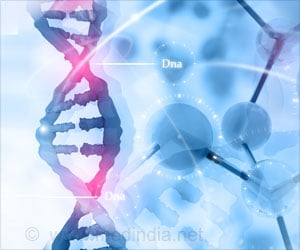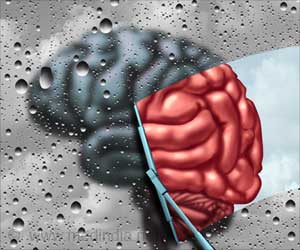The same set of genes that make us prone to depression could also lead us to positivity in life depending on their environment

‘Individuals carry certain set of genes linked to mental illness. But in a supportive and positive environment such individuals are likely to be happier with more mental resilience compared to people with the same set of genes but who reside in a negative environment.’





Likewise, genetics studies have identified variants, such as the serotonin transporter-linked polymorphic region (5-HTTLPR) short (S) allele, which make people more sensitive to their environments. People with this S allele are more likely to develop psychiatric disorders than people with the long (L) variant, studies have shown.“If you take a gene that is linked to mental illness, and compare people who have the same genetic variant, it becomes clear that what happens to their mental health is based on their environment. We suggest that while no gene 'causes' mental ill health, some genes can make people more sensitive to the effects of their environment, for better and for worse," said Elaine Fox, Professor at the Oxford University in the UK.
What happens to people's mental health is based on their environment, not because of differences in genes. If an individual is in a negative environment, he/she is likely to develop the negative cognitive biases that lead to mental disorders. On the other hand, individuals with the same set of genes but in a supportive environment are likely to develop positive cognitive biases that increase mental resilience, said the paper published in the journal Molecular Psychiatry.
Source-Medindia














